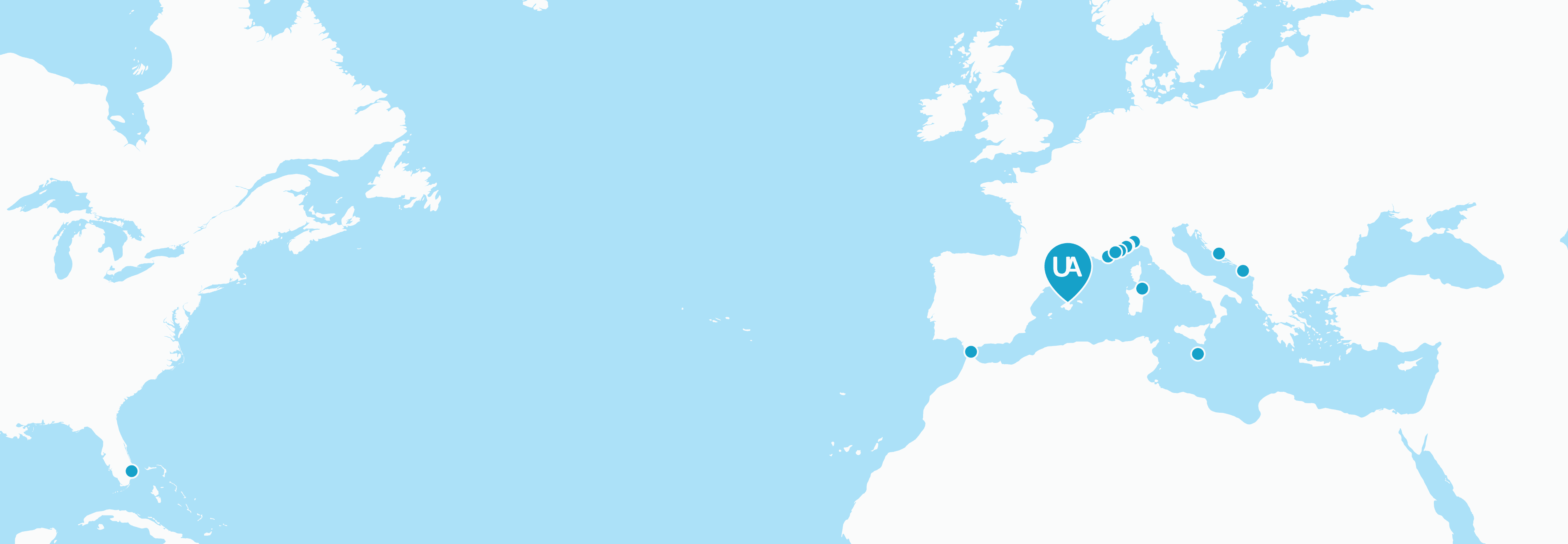1st Nov 2019
The Seafarer’s Earnings Deduction
Superyacht crew who are UK tax payers have access to what must be one of the best tax relief systems. The Seafarer’s Earnings Deduction (SED) is an area of UK tax legislation that allows seafarers, which includes yacht crew, the right to claim up to 100% tax exemption on your earnings.
This legislation has been in effect under a longstanding agreement with HMRC and offers yachting crew tax breaks on their earnings in return for the long periods of work at sea.
SED overview
To qualify, you must have:
- worked on a yacht
- worked outside the UK long enough to qualify for the deduction – the claim period must be a minimum of 365 days
- been resident in the UK or resident for tax purposes in a European Economic Area (EEA) State
You can’t get the deduction if you are:
- a Crown employee
- not a UK resident
- not a resident of a EEA State
Our patner, SK Tax, often come across yacht crew who are aware of the legislation yet believe that, because they do not pay tax at source, there’s no need to file a tax return because they fulfil the SED criteria anyway. Irrespective of this, if you are receiving untaxed income this must be declared to HMRC.
The tax system is complicated but crew have a legal responsibility to correctly declare their revenue. Failure to file a tax return can lead to penalties or fines from HMRC. It doesn’t matter that your tax bill would have been zero, you must still complete the declaration and apply for the SED.
Key Criteria to Qualify for SEd
- Your main duties of employment onboard a qualifying yacht
- A valid claim period
- UK Resident for Tax Purposes or
- Non-UK residents who are resident in a European Union or European Union Area state
Your claim period
The claim period must span at least 365 days beginning and ending with a period outside the UK. This period out of the UK can be made up of employment, unemployment or a foreign holiday. This claim period can carry on and on, year-on-year until it fails.
A claim period will break if you:
- spend 183 continuous days in the UK
- break the half-rule
The half-rule is basically calculated each and every time you return to the UK. You don’t add up your days out of the UK, hit a magic number, and then you’ve qualified. Simply put the half-rule is the total days in the UK and can’t exceed half the total of days in the claim! The upshot is to spend more time out of the UK, on average, than in.
When the total number of days in the UK exceeds the half-rule, the claim has broken. When this happens you would need to start a fresh claim.
During every claim period, you must achieve a foreign port visit in each tax year. This voyage can begin or end at a foreign port. Additionally, if you have had more than one employment during a claim period, you must achieve a foreign port visit each employment, again in each tax year.
residency
The deduction is available to employees who are UK resident and also to non UK residents who are resident in a European Union or European Union Area state. EU and EEA residents that wish to claim the deduction will need to submit the relevant forms to HMRC to reclaim the tax paid under PAYE.
act now!
Whatever your employment within the Superyacht industry, qualifying crew have the opportunity to clear their tax liability in full. You need to show transparency of your income tax affairs to the tax authorities. The result of this should be that you can prove to the taxman that you owe him nothing!
SK Tax work with all seafarers and find that it is mostly crew working onboard private yachts ,who receive their income gross that aren’t in the tax system. Understandably crew think that as they’re out of the UK for long periods they don’t need to report their income. However, the Automatic Exchange of Information (AEOI) and the fact that the banking industry is becoming more open in sharing information with foreign authorities, means it is important to keep your tax affairs fully up to date.
Those who fail to act are more at risk from a tax investigation even if their income is often tax exempt!
National Insurance is an issue that also needs to be addressed when paid gross. If working in France for example, by paying into the UK NI system, this will eliminate your liability to the French authorities’ Social Security system. By paying this nominal amount annually to HMRC, it will keep your foot in the door to the UK for when it’s time to return and so remain eligible for UK state benefits.
What are you waiting for?
Information regarding the Seafarer’s Earnings Deduction has been published by HMRC. However, it can be daunting dealing with HMRC alone. It is also very confusing which is one of the reasons yachting crew don’t apply for the deduction.
SK Tax have been fulfilling British seafarers’ tax obligations for over 30 years and fully understand the rules and regulations surrounding the SED. They will liaise with the tax authorities to bring your National Insurance Contributions up to date, and keep a close eye on your time at sea. This ensures that you are kept on a safe course to qualify for the deduction, where possible, to eliminate your liability for income tax. To find out more please get in touch.




